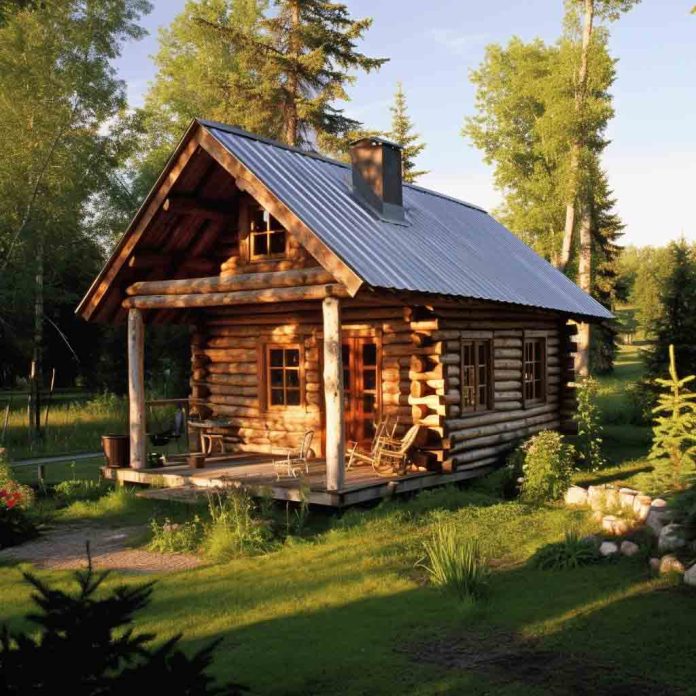How does living off-grid work?
Living off-grid refers to a lifestyle in which individuals or communities operate independently from public utilities such as electricity, water, and sewage systems.
Instead, they rely on self-generated resources and sustainable practices to meet their needs.
Here’s how living off-grid typically works:
Energy Generation
Off-grid living involves generating one’s own power. This can be done through various renewable energy sources like solar panels, wind turbines, hydroelectric systems, or a combination of them. Energy generated is stored in batteries or other storage systems for use during times when sunlight or wind is not available.
Water Sourcing and Management
Off-grid living requires alternative water sources. Rainwater harvesting, well drilling, or accessing nearby natural water sources like rivers or lakes are common methods. Proper filtration, purification, and storage systems are essential to ensure a clean and reliable water supply.
Waste Management
Responsible waste management is crucial in off-grid living. This includes composting organic waste, recycling materials, and minimizing overall waste generation. Off-gridders often employ eco-friendly practices like composting toilets or septic systems to manage human waste.
Food Production
Off-grid living encourages self-sufficiency in food production. This can involve growing fruits, vegetables, and herbs in gardens or utilizing innovative methods like aquaponics or hydroponics. Raising livestock for meat, eggs, or dairy products is another common practice among off-gridders.
Sustainable Living Practices
Off-grid living promotes sustainable practices to reduce the impact on the environment. This includes conserving energy and water, using energy-efficient appliances and LED lighting, employing passive heating and cooling techniques, and utilizing natural building materials for construction.
Storage and Conservation
Efficient storage and conservation of resources are vital in off-grid living. This includes storing harvested water, preserving food through canning or drying, and optimizing energy storage capacity in batteries or other storage systems.
Independent Infrastructure
Off-gridders often develop independent infrastructure tailored to their needs. This can include building eco-friendly homes using sustainable materials, incorporating efficient insulation and ventilation, and integrating off-grid systems seamlessly into the design.
Maintenance and Monitoring
Regular maintenance and monitoring of off-grid systems are necessary to ensure their efficiency and longevity. This involves checking solar panels or wind turbines for damage, maintaining battery health, monitoring water filtration systems, and performing routine inspections of the overall off-grid infrastructure.
Plan Your Move Off The Grid
Living off-grid requires careful planning, research, and ongoing commitment to sustainable practices.
It offers individuals the opportunity to reduce reliance on centralized systems, minimize environmental impact, and achieve greater self-sufficiency.
While it comes with challenges, such as initial setup costs and lifestyle adjustments, many find the rewards of off-grid living in the form of energy independence, reduced ecological footprint, and a deeper connection with nature to be well worth the effort.

